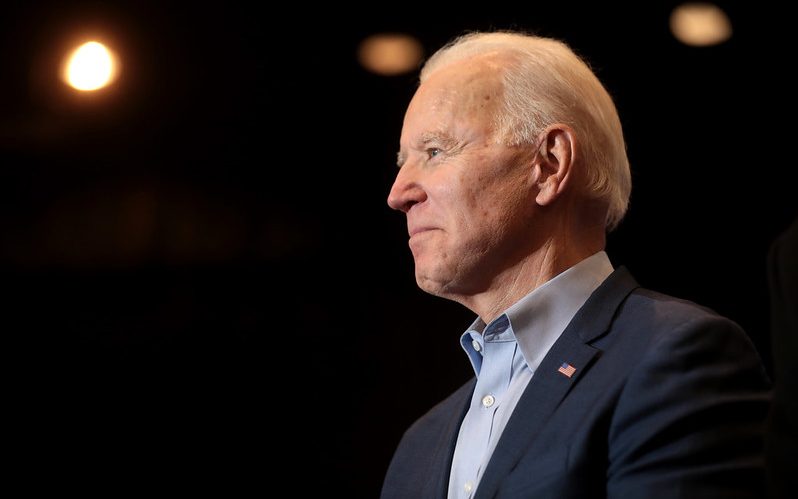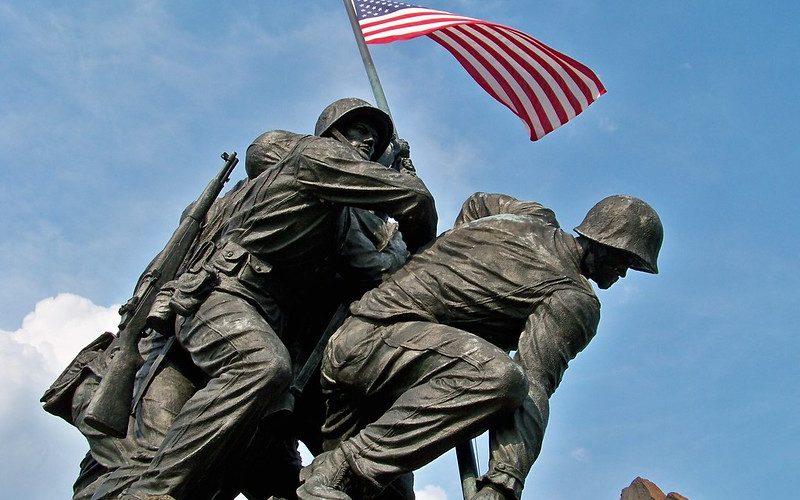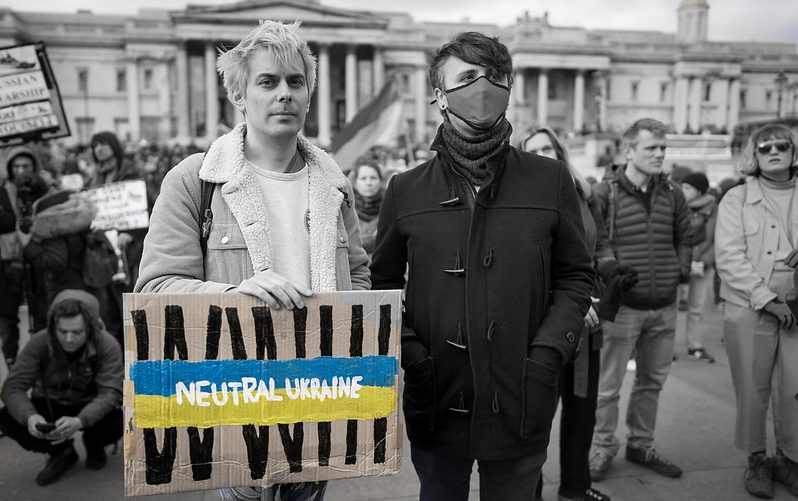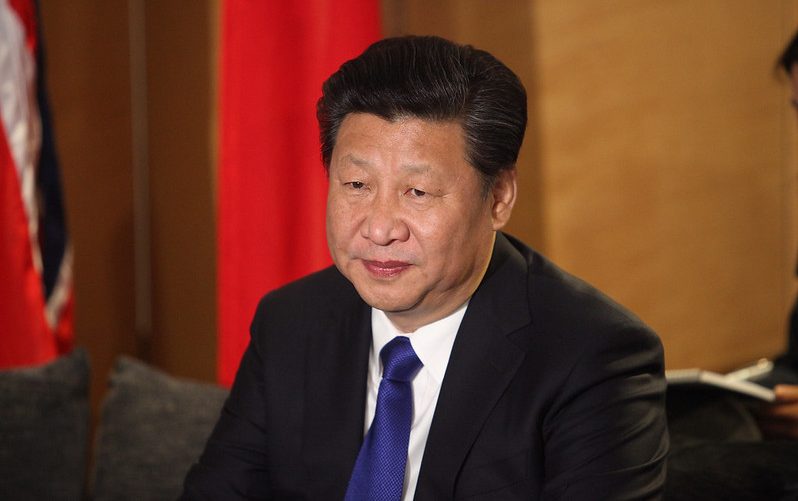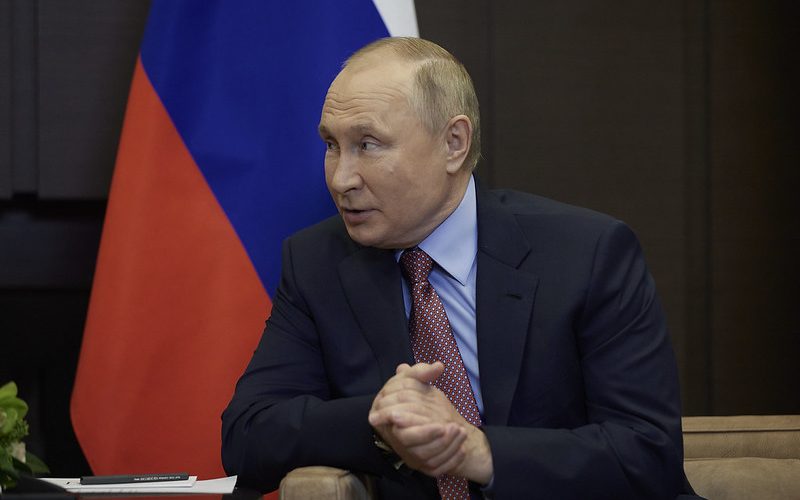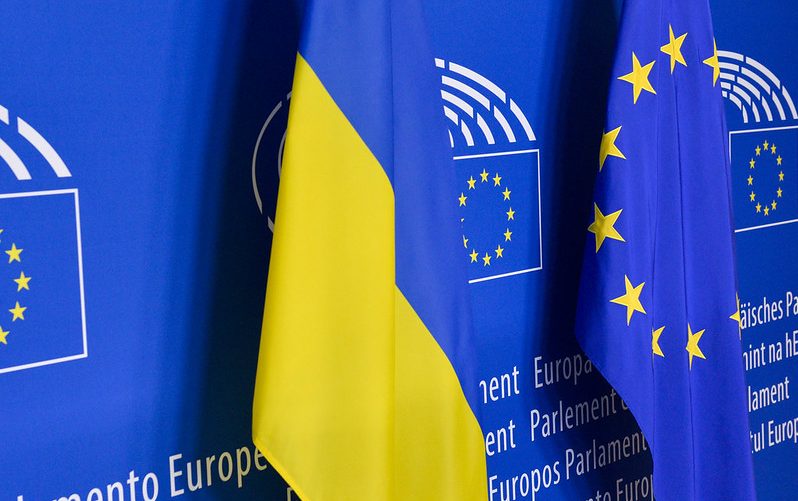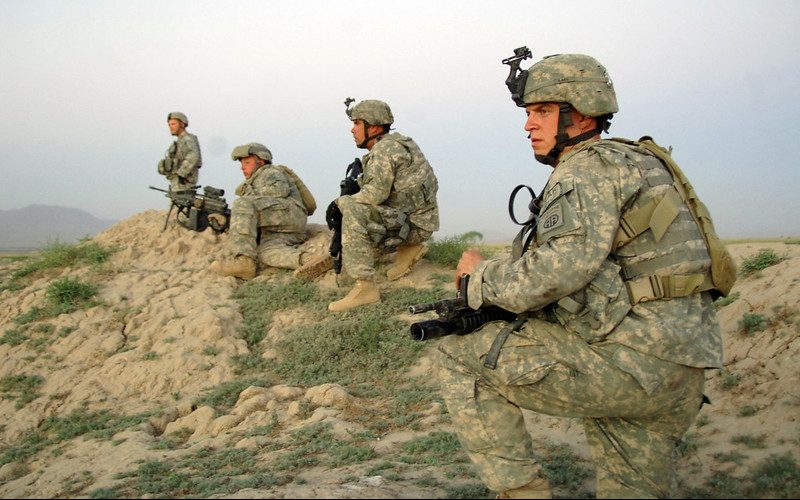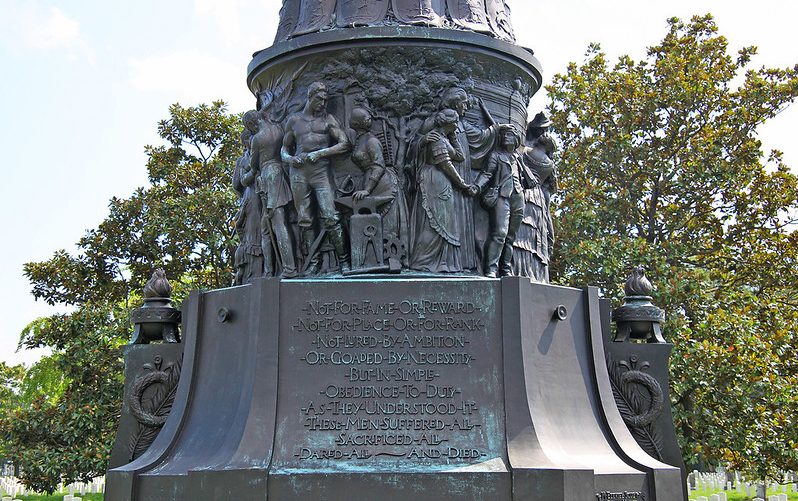
Traitors to Their Country: The Argument for Removing Confederates from the Arlington National Cemetery
The U.S. Civil War began on 12 April 1861 and would end four years and fourteen days later on 26 April 1865. While exact numbers of the ceased are unknown, it is estimated that some 750,000 Americans died in the conflict, some 360,000 dying for the United States and 260,000 dying on the Confederate side. The conflict forever changed the course of American history and was a monumental development from a social, political, legal, and economic perspective.
However, in the decades after the Civil War, partly due to the promulgation of Lost Cause myths, a more positive view of the Confederacy and their military has evolved.

